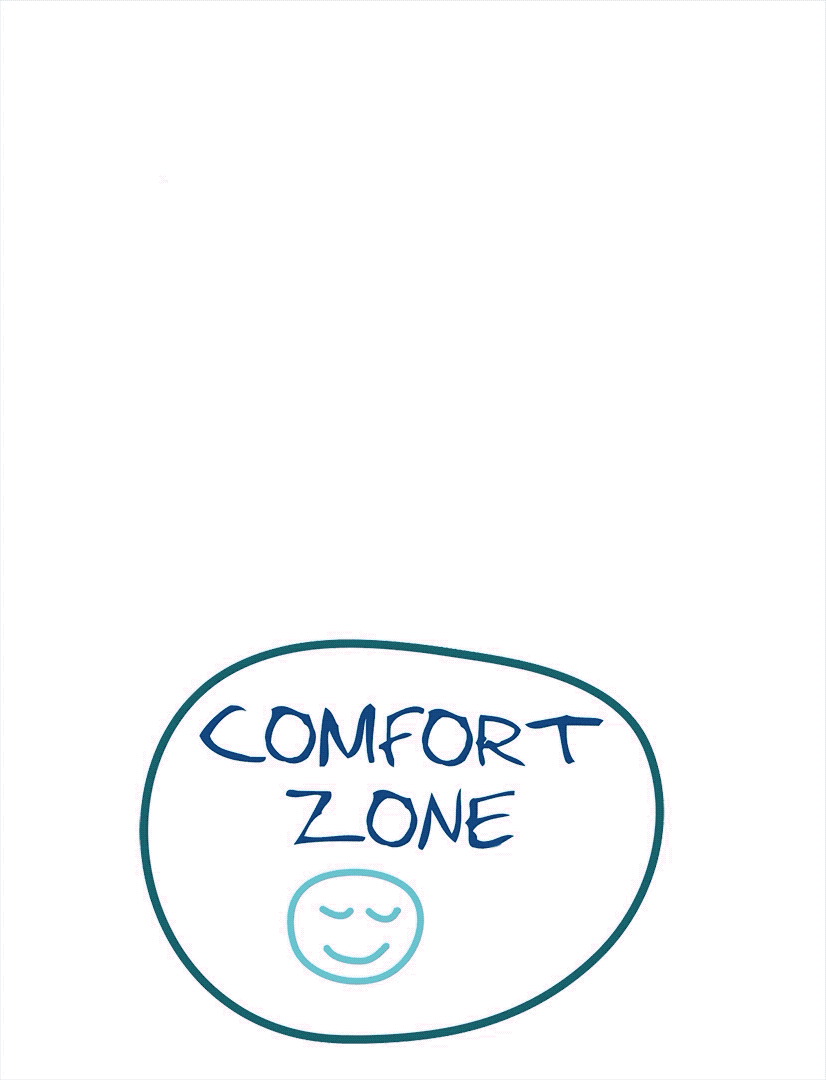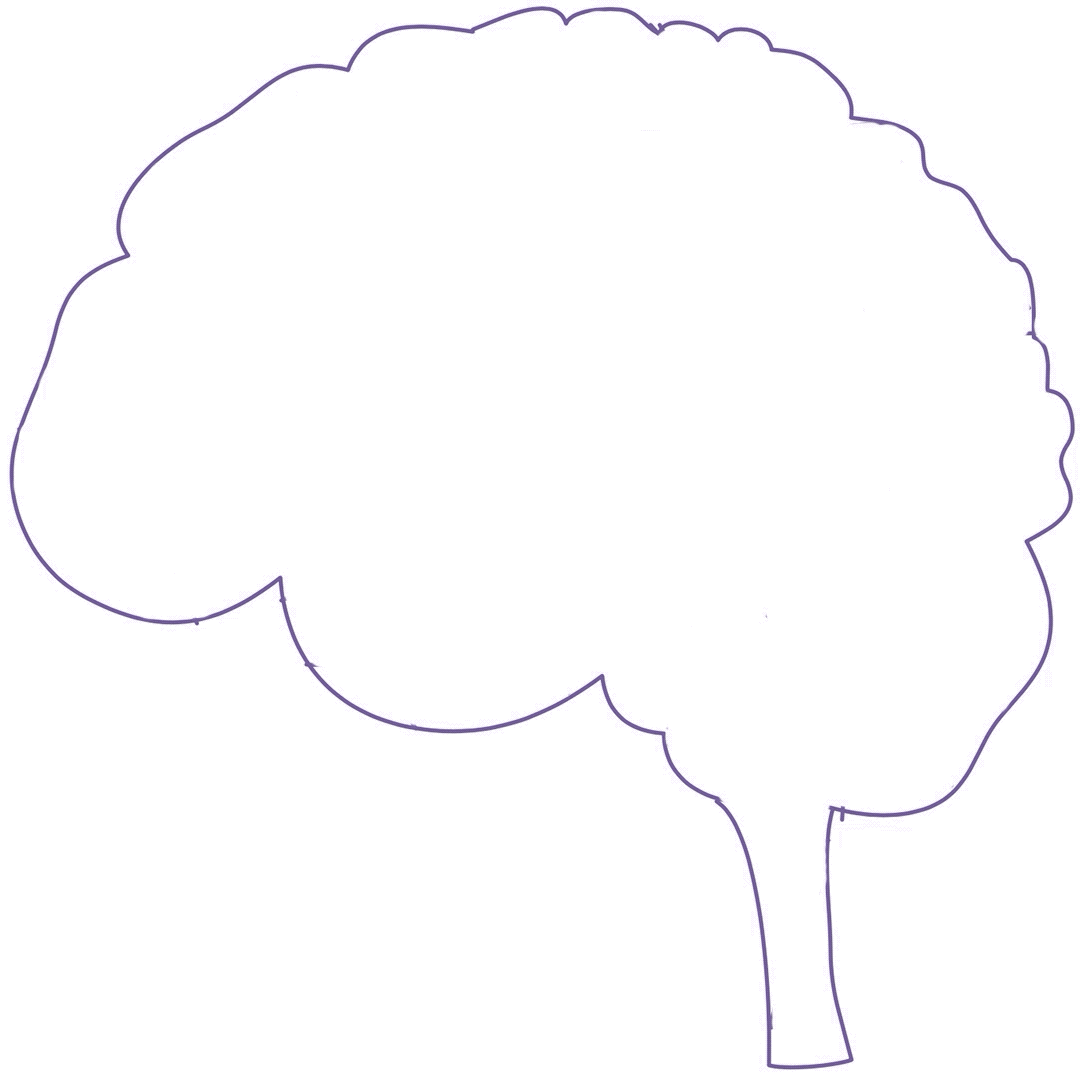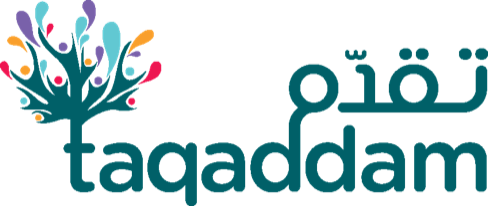The Journey Starts Here

Welcome to the first of your Taqaddam missions.
At Taqaddam, we believe that ‘the more you know yourself, the more you can grow yourself’. And the getting to know yourself starts right here.
In this mission we will introduce you to a few of the key concepts which are essential for developing your life skills.
Comfort Zone
We all have our comfort zones. This is where we are most of the time in our day-to-day lives – when we are not being challenged too much and we are doing things that are familiar to us.

But… research shows that if you try and do something that you’re not used to, and step into your stretch zone, your comfort zone will get bigger and bigger. Not only do you grow your abilities and skills, your confidence grows too!

Life Begins at the End of Your Comfort Zone
by Yubing Zhang
It’s never as scary as it looks.
Growth mindset
Everyone can learn and grow, and having a ‘Growth Mindset’ simply means that you know and feel that this is true for you.
Our beliefs about ourselves can impact the way that we think and act, so knowing that you have the ability to change and learn and grow and develop is so important.
A ‘fixed mindset’ believes that our character, intelligence, and creative ability are static, which means that we can’t change it in any meaningful way.
A ‘growth mindset’, on the other hand, believes that we can learn and grow. It welcomes challenges and sees failure as an opportunity for growth and for stretching existing abilities.
These two mindsets can have a big impact on our personal development, how we feel about successes and failures, and can even limit our possibilities for happiness.

Growth Mindset vs. Fixed Mindset
Do you have a Growth Mindset?
Neuroplasticity
We know we can constantly learn and grow because we now understand a lot more about how the brain works.
‘Neuroplasticity’ is the brain’s amazing ability to reorganise itself by forming new neural connections throughout life. These connections in your brain are made when you do and try new things, and the more you do something the more these connections are strengthened. Its why ‘practice makes perfect’, which works for things like critical thinking and creativity as much as maths and memorisation.

The brain does this all throughout life, however, in your teenage years the brain exhibits a higher degree of plasticity than the adult brain, and so that’s why it’s important that young people are exposed to lots of different learning opportunities, like life skills education!

Growth Neuroplasticity by Sentis
Cool, huh?
Reflection
The world is a busy place and we are often moving from one thing to the next so fast that we sometimes forget to stop and think. Taking time to stop and think – to reflect on our experience – is essential for learning.
“We don’t learn from experiences , we learn from reflecting on experiences.”
John Dewey
Being a reflective person helps you become more self-aware. By taking the time to ask yourself important questions, you gain a better understanding of your emotions, strengths, weaknesses and the things that motivate and drive you. By taking time to reflect, you also become better able to adapt to changing situations and tough circumstances.
There are lots of opportunities for reflection throughout all of these missions.

To complete every mission, we ask you to take a photo of what you’ve done or of something that represents what you’ve done. You can upload on the next page as a record of what you’ve done and to symbolise your progress.

Capture a photo or draw a picture that says something about you.
When you’ve done that, click below…

